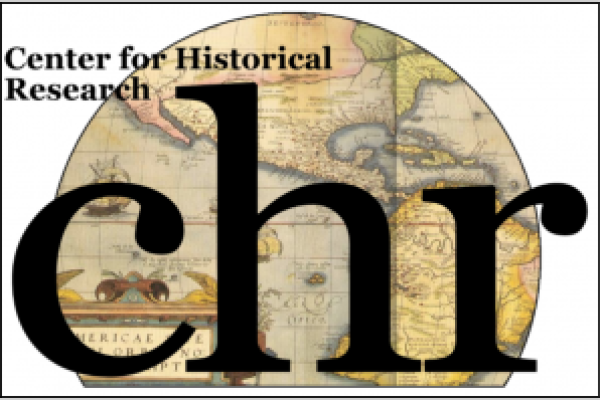
The Ohio State University Center for Historical Research, 2021-2023 Series:
Crisis, Uncertainty, and History: Trajectories and Experiences of Accelerated Change
https://u.osu.edu/osuchr/crisis-uncertainty-and-history/
Climate Change, Crisis, and Resilience in The Pre-Modern World
Geoffrey Parker, Andreas Dorpalen Professor of European History, Ohio State University, and
Adam Izdebski, Independent Research Group Leader, Palaeo-Science and History Research Group, Max Planck Institute for the Science of Human History
Zoom event: Nov. 19, 2021, 1:30-3:00: Please note our special time for this event
Zoom registration link: https://osu.zoom.us/meeting/register/tJMrcuuoqz4uG9St_wtyiXJ4HSP7scpIZSWn
Abstract:
Human beings are never prepared for natural disasters. Wars, pandemics, recessions and climate change always seem to come as a surprise. We prefer to live in a comfortable present than prepare for an uncertain future. Historians have a duty to address this complacency and demonstrate that it is always better – and cheaper – to prepare than to repair.
Nevertheless the impact of disasters differs: some of those affected display resilience and mostly survive whereas others collapse and sometimes perish. Do terms like “resilience” and “collapse” do justice to the experience of humans in the past: did peasants care about collapsing states? What about non-human actors? What other narrative options exist?
Can modelling causality, employing mathematics, and investigating socio-environmental interactions and mechanisms offer a way forward? What questions should we ask and answer about policy-making for today and tomorrow?
